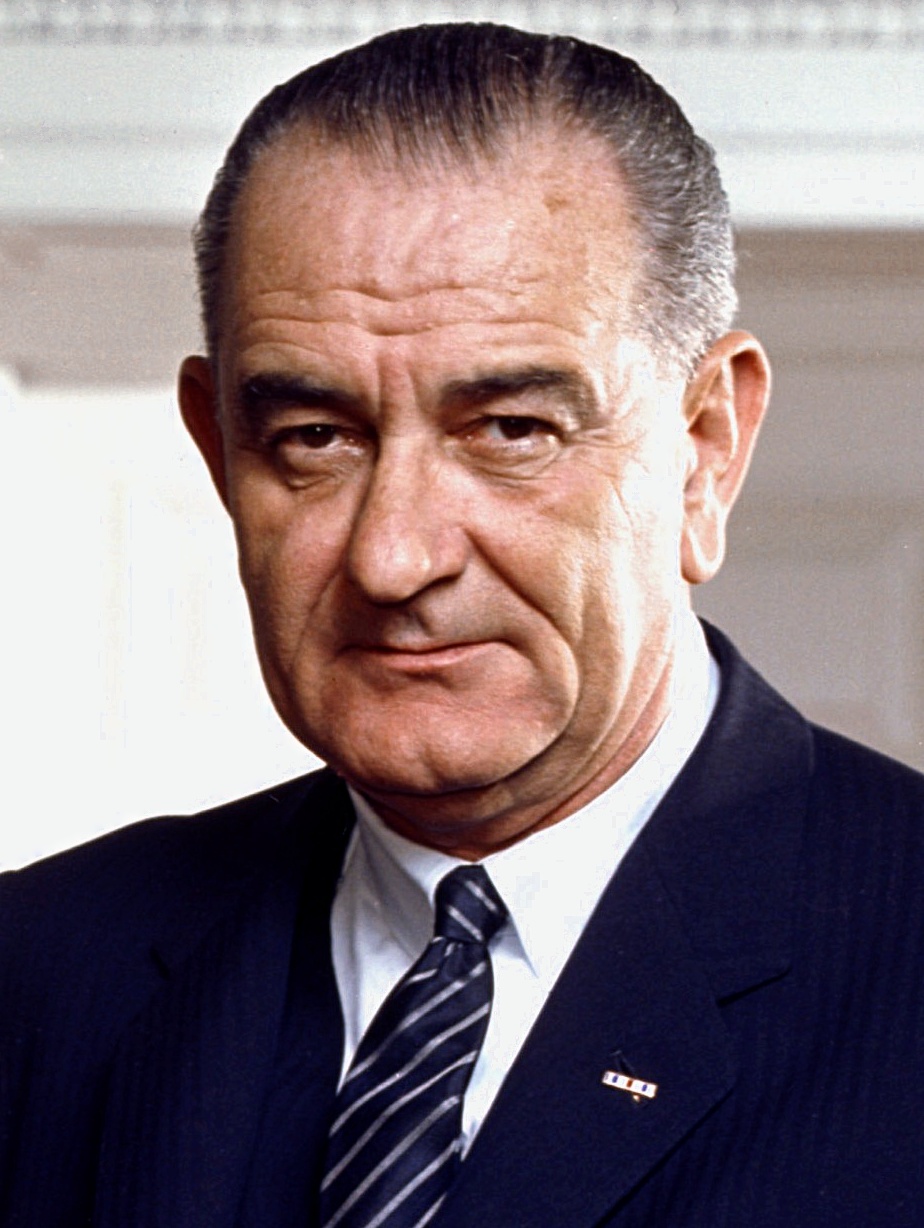Fearing Shariah, Alabama Votes To Ban ‘Foreign Laws’
BY
JACK JENKINS

POSTED ON NOVEMBER 5, 2014 AT 10:10 AM
CREDIT: SHUTTERSTOCK
In the midst of yesterday’s dramatic GOP takeover of the U.S. Senate, Alabamans quietly voted
to amend their constitution to ban all “foreign laws,” a measure considered by some to be an attempt to drum up Republican votes by implicitly targeting Islamic Shariah law.
The
ballot initiative, commonly referred to as Amendment 1, passed on Tuesday with an overwhelming
72 percent of the vote. Although the measure does not specifically mention Shariah law, it mirrors
similar efforts in
Kansas and other
parts of the country to ban the Muslim moral code. It was also first introduced by Republican State Senator Gerald Allen, who proposed
another law in 2012 that would have explicitly banned Shariah law.
“We were just trying to do something legal, not political,” Eric Johnston, the Birmingham attorney who drafted the amendment, told
AL.com after it passed.
There are concerns, however, that the law might backfire. Although anti-Shariah bills are often proposed and supported by conservative Christians, Amendment 1 was actually
heavily criticized by many religious groups in the Cotton State — including several prominent
evangelical Christians. Organizations such as Greater Birmingham Ministries publicly decried the measure, and Randy Brinson, the president of the Christian Coalition of Alabama, blasted the law as “just silliness.” Brinson argued that the bill did not actually protect “Christian values,” and passing it could potentially jeopardize foreign adoptions, marriages to people outside of the U.S., and religious liberty.
“This is a tremendous waste of effort. It’s a waste of time and it costs money,” Brinson
saidahead of the vote.
Washington Post legal analyst Eugene Volokh
argued Wednesday morning that Amendment 1 is oddly redundant, as it is primarily just restates existing law — namely, that courts may not defer to foreign law in cases when “doing so would violate any state law or a right guaranteed by the Constitution of this state or of the United States.” Still, Brinson and others contend that the new amendment might cause unnecessary hurdles for Alabamans, as the measure’s definition of “foreign laws” is written so broadly that it could be applied to rules Christian denominations use to govern who they will hire or ordain.
“This just creates a whole new headache for people involved in foreign adoptions or who get married in another country,” Brinson told
Al.com ahead of the vote. “I just don’t think they thought through this particular thing.”
Johnston and others
disputed these arguments to the press, but it’s unclear if the law will stand the test of time.
Dozens of states have proposed bills banning international law or Shariah in recent years, but the vast majority have failed on Election Day, and even those that succeed have been subject to intense scrutiny: Oklahoma successfully amended its constitution in 2010 to outlaw the use of Shariah, for example, but that law was
struck down by a federal court in 2013, with judges arguing that the amendment unfairly impacted Muslims.
http://thinkprogress.org/election/2014/11/05/3589225/alabama-votes-to-ban-foreign-laws/
 Real shyt right here.
Real shyt right here. Maybe Im behind on current affairs.
Maybe Im behind on current affairs. 






